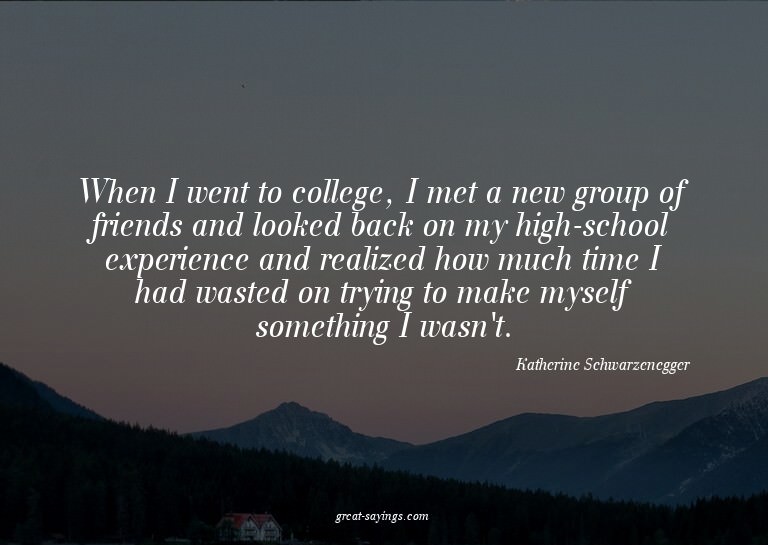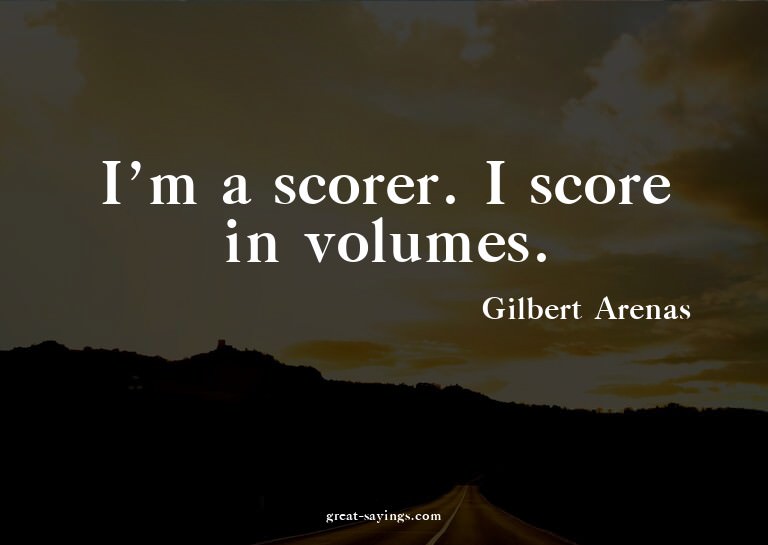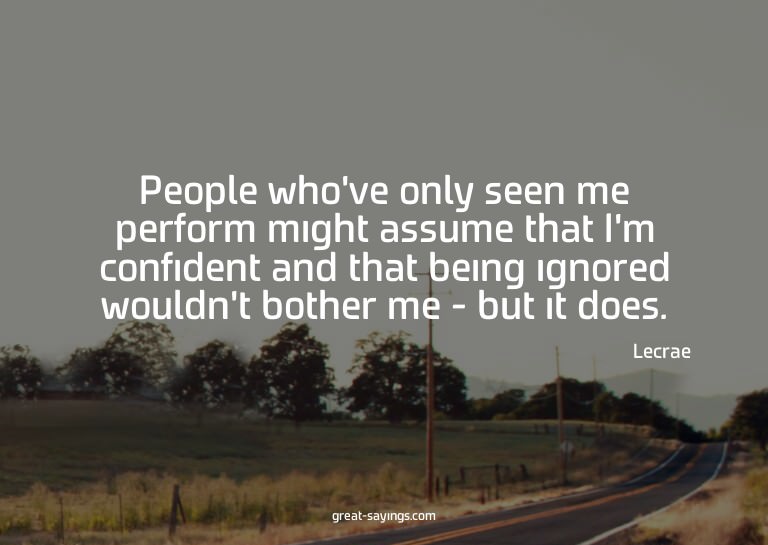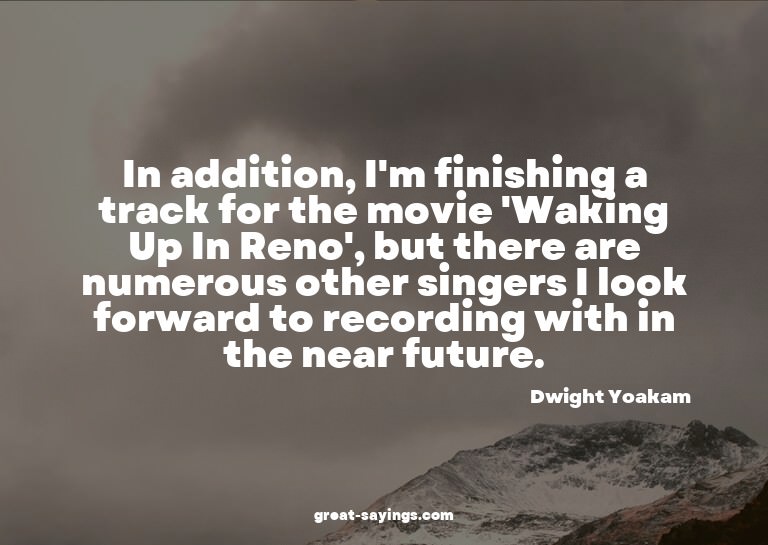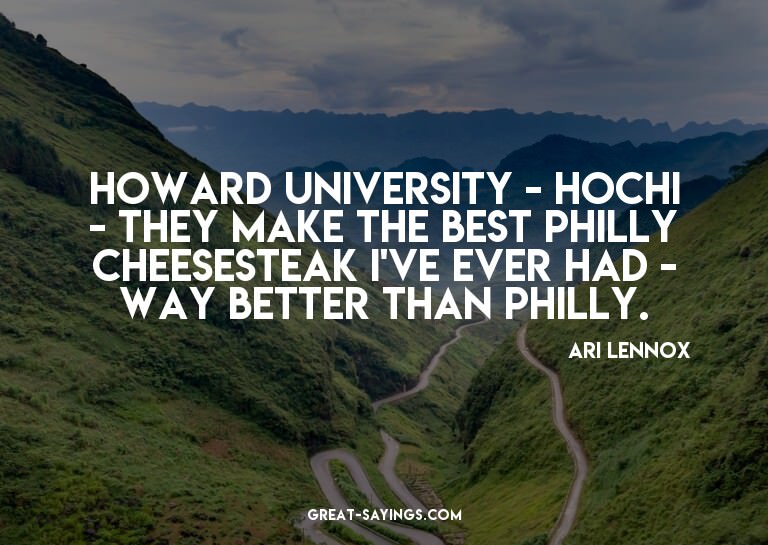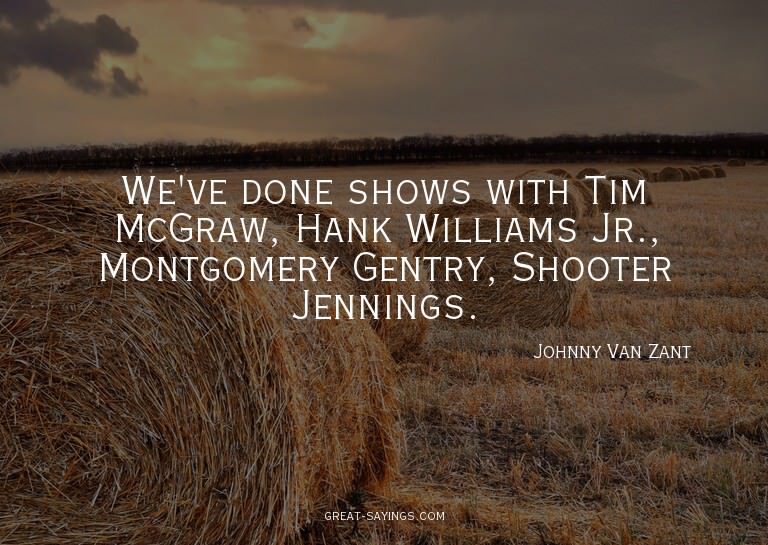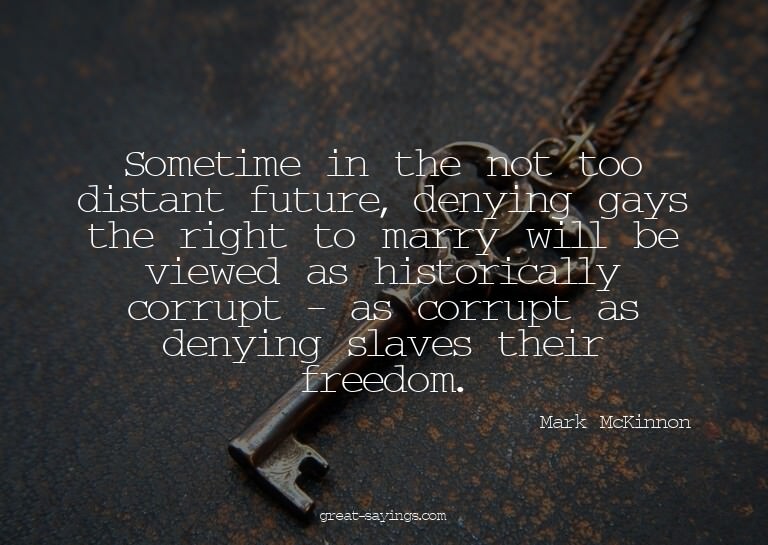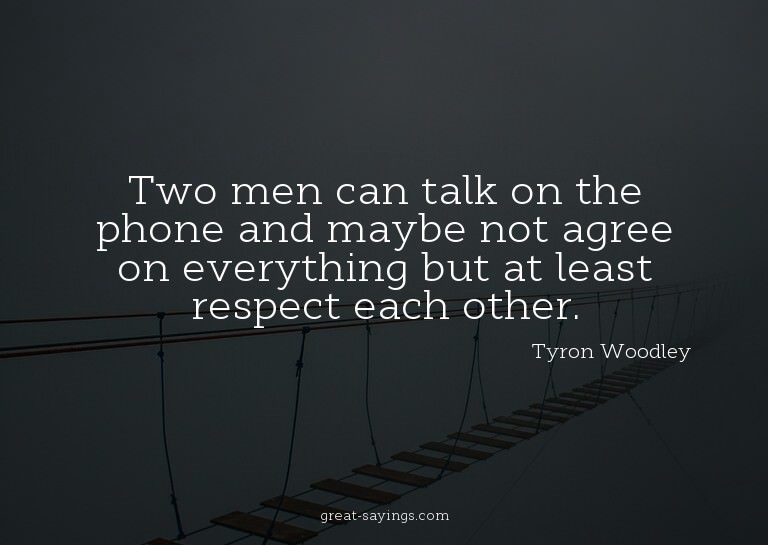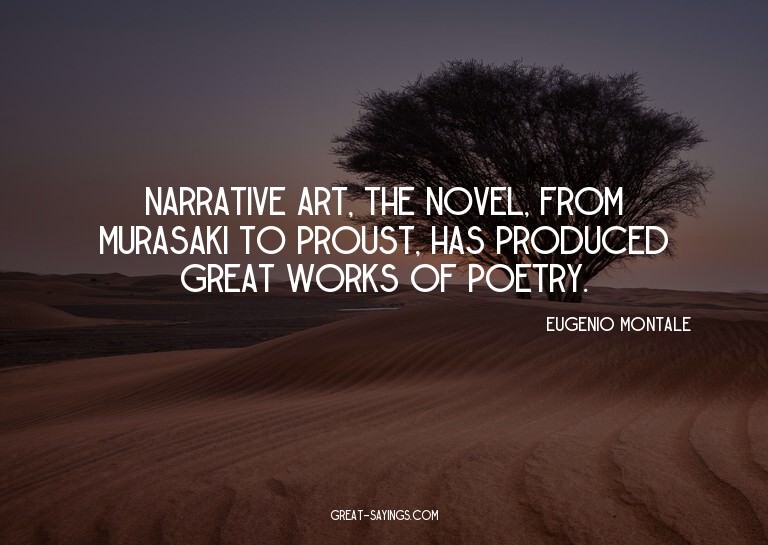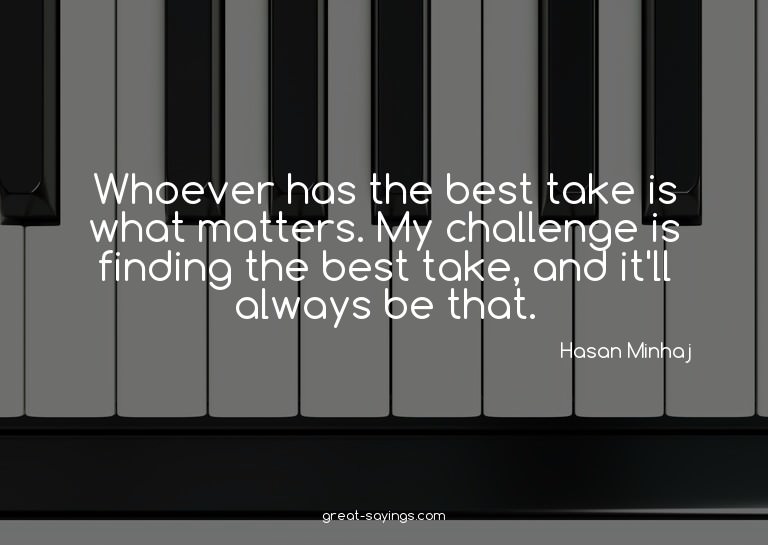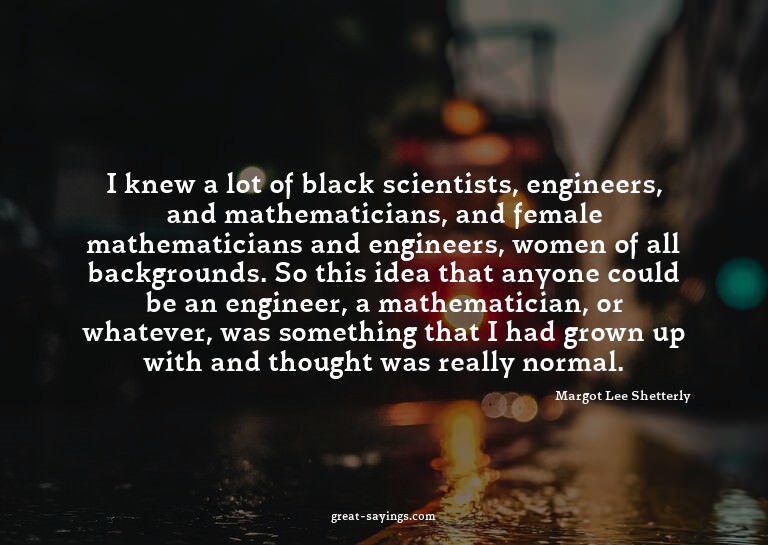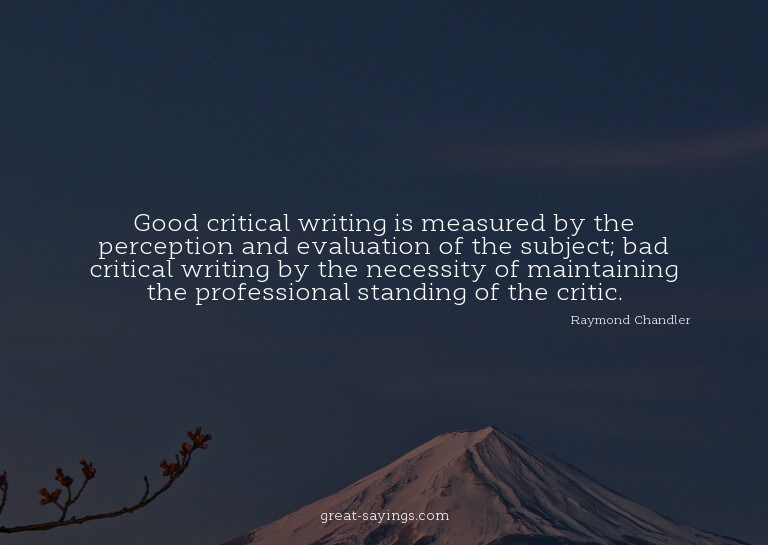Words matter. These are the best E. O. Wilson Quotes, and they’re great for sharing with your friends.

In addition I wanted to write a Southern novel, because I’m a Southerner.
I doubt that most people with short-term thinking love the natural world enough to save it.
We ought to recognize that religious strife is not the consequence of differences among people. It’s about conflicts between creation stories.
The historical circumstance of interest is that the tropical rain forests have persisted over broad parts of the continents since their origins as stronghold of the flowering plants 150 million years ago.
It’s always been a dream of mine, of exploring the living world, of classifying all the species and finding out what makes up the biosphere.
Ants make up two-thirds of the biomass of all the insects. There are millions of species of organisms and we know almost nothing about them.
One thing I did was grow up as an ardent naturalist. I never grew out of my bug period.
I thought perhaps it should be recognized that religious people, including fundamentalists, are quite intelligent, many of them are highly educated, and they should be treated with complete respect.
What’s been gratifying is to live long enough to see molecular biology and evolutionary biology growing toward each other and uniting in research efforts.
Every kid has a bug period… I never grew out of mine.
In some ways, I had a traditional ‘old South’ upbringing, meaning that I spent some time in a military school, and acquired an inoculum of the military ethic that is still with me today: honor, duty, loyalty.
I’m very much a Christian in ideals and ethics, especially in terms of belief in fairness, a deep set obligation to others, and the virtues of charity, tolerance and generosity that we associate with traditional Christian teaching.
For me, the peculiar qualities of faith are a logical outcome of this level of biological organization.
‘The Creation’ presents an argument for saving biological diversity on Earth. Most of the book is for as broad an audience as possible.
I had in mind a message, although I hope it doesn’t intrude too badly, persuading Americans, and especially Southerners, of the critical importance of land and our vanishing natural environment and wildlife.
In 2010, my two Harvard mathematician colleagues and I dismantled kin-selection theory, which was the reigning theory of the origin of altruism at the time.
All three of the Abrahamic religions were born and nurtured in arid, disturbed environments.
We should preserve every scrap of biodiversity as priceless while we learn to use it and come to understand what it means to humanity.
Religious belief itself is an adaptation that has evolved because we’re hard-wired to form tribalistic religions.
It’s always been a great survival value for people to believe they belong to a superior tribe. That’s just in human relationships.
Religious beliefs evolved by group-selection, tribe competing against tribe, and the illogic of religions is not a weakness but their essential strength.
Competing is intense among humans, and within a group, selfish individuals always win. But in contests between groups, groups of altruists always beat groups of selfish individuals.
The human juggernaut is permanently eroding Earth’s ancient biosphere.
Well, let me tell you, ants are the dominant insects. They make up as much as a quarter of the biomass of all insects in the world. They are the principal predators. They’re the cemetery workers.
I see no way out of the problems that organized religion and tribalism create other than humans just becoming more honest and fully aware of themselves.
If history and science have taught us anything, it is that passion and desire are not the same as truth.
Blind faith, no matter how passionately expressed, will not suffice. Science for its part will test relentlessly every assumption about the human condition.
Once I feel I’m right, I have enjoyed provoking.
Perhaps the time has come to cease calling it the ‘environmentalist’ view, as though it were a lobbying effort outside the mainstream of human activity, and to start calling it the real-world view.
True character arises from a deeper well than religion.
A very Faustian choice is upon us: whether to accept our corrosive and risky behavior as the unavoidable price of population and economic growth, or to take stock of ourselves and search for a new environmental ethic.

But once the ants and termites jumped the high barrier that prevents the vast variety of evolving animal groups from becoming fully social, they dominated the world.
The essence of humanity’s spiritual dilemma is that we evolved genetically to accept one truth and discovered another. Is there a way to erase the dilemma, to resolve the contradictions between the transcendentalist and the empiricist world views?
Companies that are willing to share, to withhold in order to further the growth of the company, willing to try to get a better atmosphere through a demonstration of democratic principles, fairness and cooperation, a better product, those will win in the end.
Even as empiricism is winning the mind, transcendentalism continues to win the heart.
Secular humanists can sit around and talk about their love of humanity, but it doesn’t stack up against a two-millennium-old funeral high mass.
It’s like having astronomy without knowing where the stars are.
Ants are the leading removers of dead creatures on the land. And the rest of life is substantially dependent upon them.
The two major challenges for the 21st century are to improve the economic situation of the majority and save as much of the planet as we can.
The human mind evolved to believe in the gods. It did not evolve to believe in biology.
By any reasonable measure of achievement, the faith of the Enlightenment thinkers in science was justified.
In many environments, take away the ants and there would be partial collapses in many of the land ecosystems.
The biological evolutionary perception of life and of human qualities is radically different from that of traditional religion, whether it’s Southern Baptist or Islam or any religion that believes in a supernatural supervalance over humanity.
Ants have the most complicated social organization on earth next to humans.
I tend to believe that religious dogma is a consequence of evolution.
The variety of genes on the planet in viruses exceeds, or is likely to exceed, that in all of the rest of life combined.
It’s obvious that the key problem facing humanity in the coming century is how to bring a better quality of life – for 8 billion or more people – without wrecking the environment entirely in the attempt.
To the extent that philosophical positions both confuse us and close doors to further inquiry, they are likely to be wrong.
Because the living environment is what really sustains us.
The ant world is a tumult, a noisy world of pheromones being passed back and forth.
Our brain is mapping the world. Often that map is distorted, but it’s a map with constant immediate sensory input.
I’ve found that good dialogue tells you not only what people are saying or how they’re communicating but it tells you a great deal – by dialect and tone, content and circumstance – about the quality of the character.
If we were to wipe out insects alone on this planet, the rest of life and humanity with it would mostly disappear from the land. Within a few months.
What we need is an electronic encyclopedia of life, with one page for each species. On each page is given everything known about that species.
I had reached a point in my career in which I was ready to try something new in my writing, and the idea of a novel has always been in the back of my mind.
There is no better high than discovery.
But I feel music has a very important role in ritual activity, and that being able to join in musical activity, along with dancing, could have been necessary at a very early stage of human culture.
The one process now going on that will take millions of years to correct is the loss of genetic and species diversity by the destruction of natural habitats. This is the folly our descendants are least likely to forgive us.
Jehovah had nothing to say to Moses and the others about the care of the planet. He had plenty to say about tribal loyalty and conquest.
When you have seen one ant, one bird, one tree, you have not seen them all.
Individual versus group selection results in a mix of altruism and selfishness, of virtue and sin, among the members of a society.
When you get into the whole field of exploring, probably 90 percent of the kinds of organisms, plants, animals and especially microorganisms and tiny invertebrate animals are unknown. Then you realize that we live on a relatively unexplored plan.

People respect nonfiction but they read novels.
Ants are the dominant insects of the world, and they’ve had a great impact on habitats almost all over the land surface of the world for more than 50-million years.
Sometimes a concept is baffling not because it is profound but because it is wrong.
Science and religion are the two most powerful forces in the world. Having them at odds… is not productive.
Pages: 1 2

